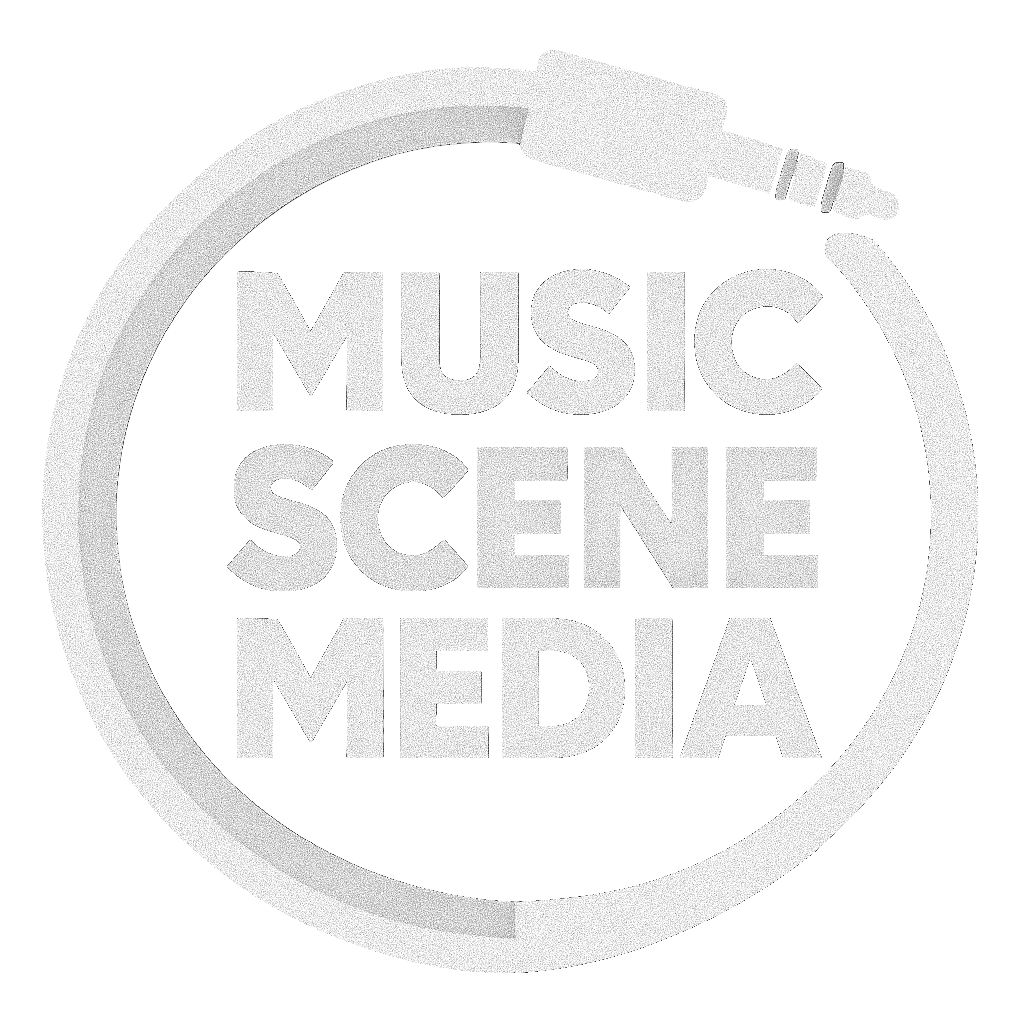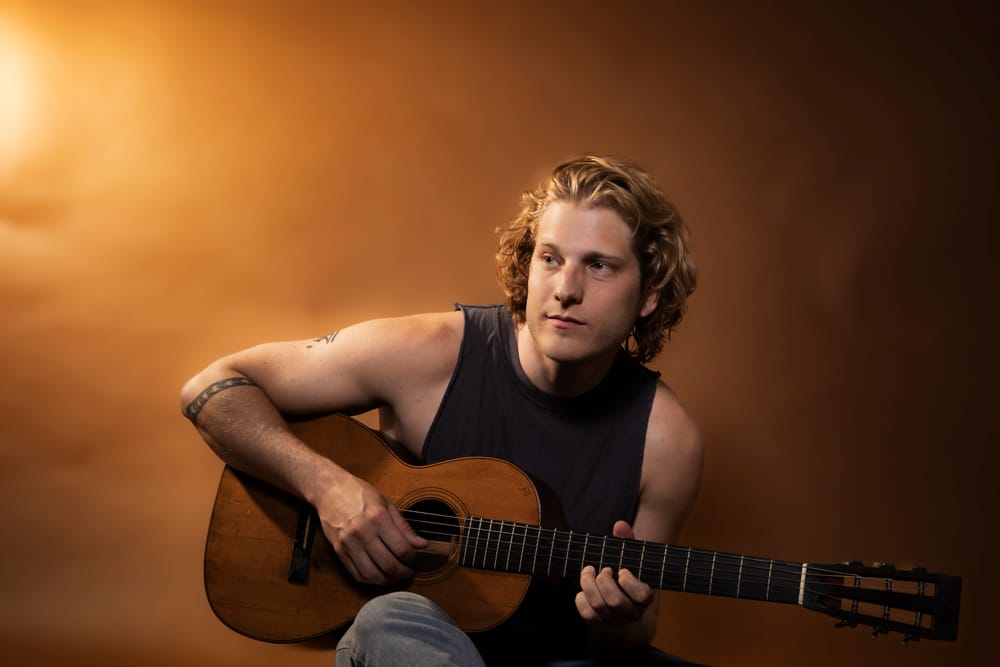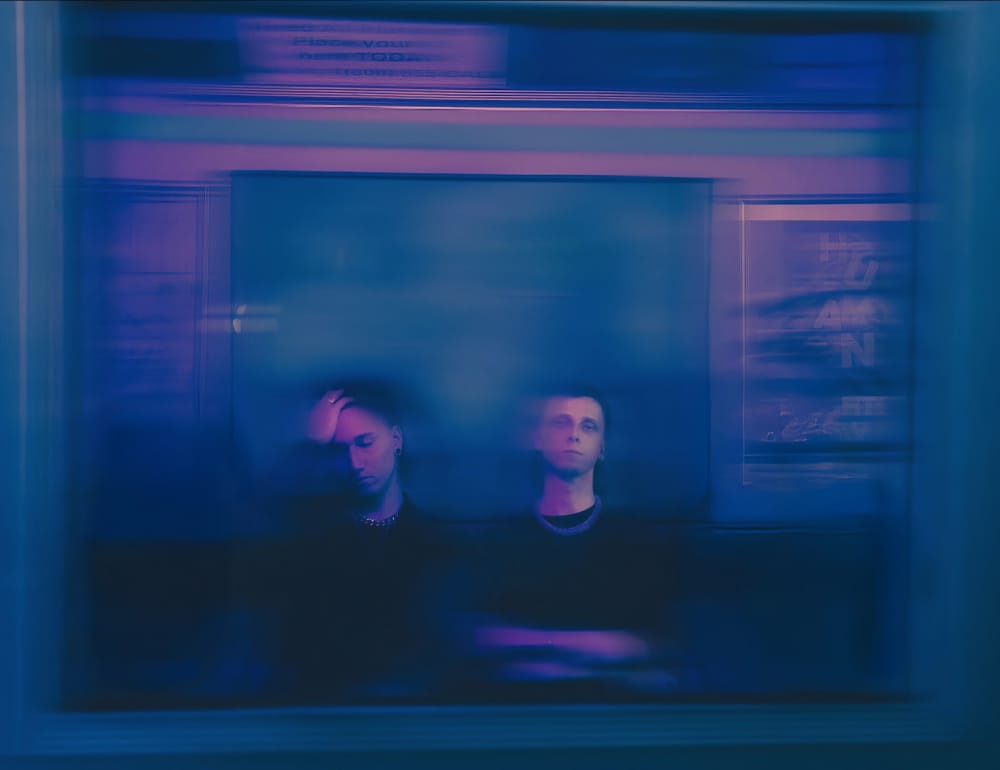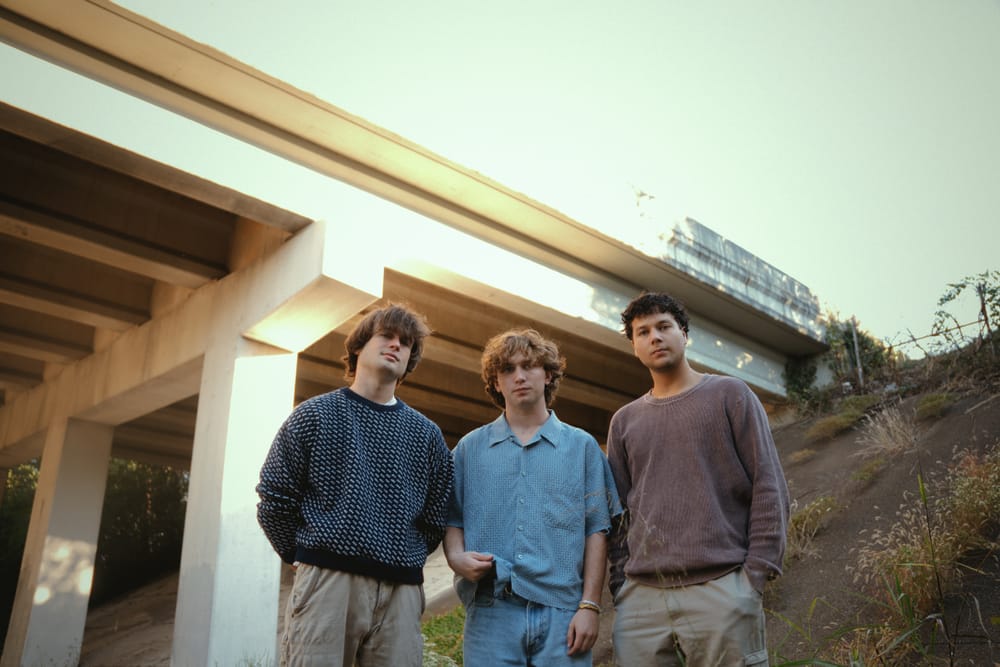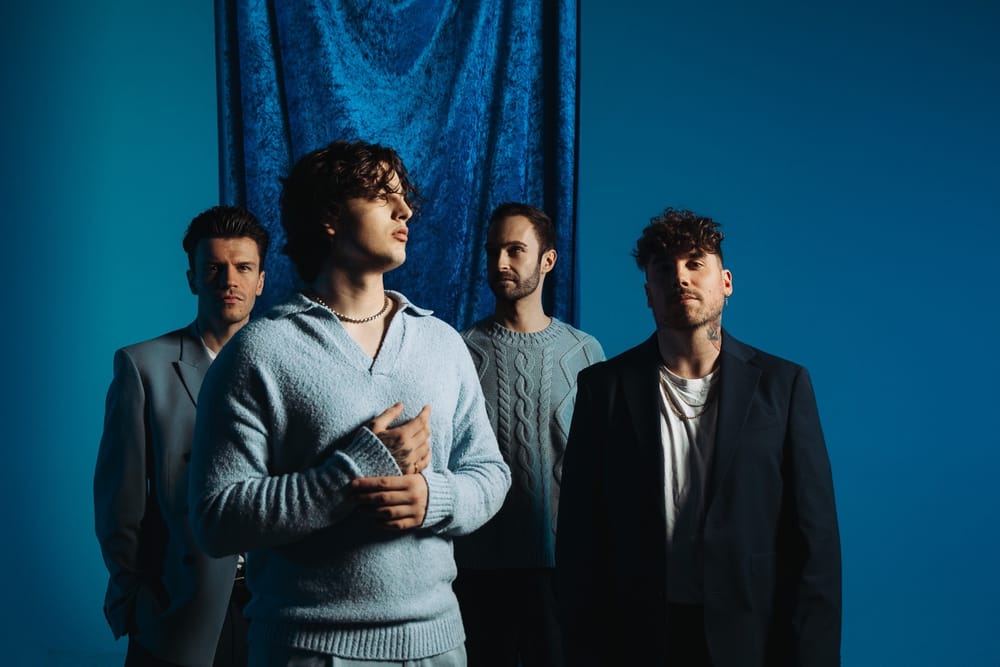Balancing his raw southern, heartfelt lyricism with a little bit of alt-rock edge, Sam Varga has quickly carved out his own spot in the music scene with his new EP, "The Fallout." Each track captures his essence as an artist, drawing from real-life experiences that come straight from the heart. I recently had the chance to chat with Sam about his musical journey, his approach to songwriting, and the creative process behind the EP.
Can you tell us a little about your journey into music—what inspired you to pursue songwriting and performing?
Sam: Absolutely, I mean there's always music. Both my parents were super musical, and you kind of just start out with what you listen to in the car, which is a bunch of 60s and 70s, singer-songwriters and a bunch of country to start. Then, I kind of had this real rapid fire where all music kind of happened real fast for me and my personal taste. I was sitting in my basement playing Tony Hawk's Pro Skater 4, and this song came on, and it was this really riff-driven, like rock, and I really haven't heard that before. It was like, "oy, oy, oy," and it was TNT by AC/DC. I was like, "Oh, stop it. What the hell is that?" I've never heard that before. My aunt got me a CD, and then that same year, Freaky Friday came out with Lindsay Lohan "goated" and a little Jamie Lee, and I just remember watching, kind of what the previous generation, Gen X, had for Back to the Future, like so many guitar players started playing guitar because they saw Marty McFly ripping on the ES 335. I had the exact same thing, like, "Wow, Lindsey seems to be having an absolute ball. I want to do that." So, then I get into rock, and I'm just learning all the guitar heroes. I got good at guitar fast and instantly started playing solos a little above my age. That was just me; I wanted to be amazing at guitar and, I wanted to be in bands and wanted to be the lead guitar player. All the bands that I was in, I had to sing because, just by effect, I was the best singer of the group, which I hated. Then, right after that, my sister came home from college with a whole bunch of emo bands, and again I was like, "Wait, what the hell is that?" Something about the riffs and the catharsis and the lyrics was just so fresh, and when you're a young kid, you feel all angsty. It's kind of like, "These guys get me!" Right after that, I didn't even think about trying it; it wasn't like, "I'm going to sit down and try to write a song." It just all kind of started happening, and that was kind of my life for about 10 years. Just playing different versions of this same band all around town and through college writing songs. Eventually that really started taking shape with me writing songs on an acoustic guitar. Then, after college, I was like, "I think I need to do this forever. Where can I go and just play and write songs for the rest of my life?" and it was just like Nashville. Then, I think there was a point where I just thought I was done with, "I don't need to be the guy and I don't need to be the one singing these. I just want to keep on making them." Then I got impatient and didn't have a cut yet, so I was like, "Alright, I'm just going to release them." Then, in the middle of making music that way, with me singing, I was like, "Dammit, I think I'm an artist." Been doing that since 2018.
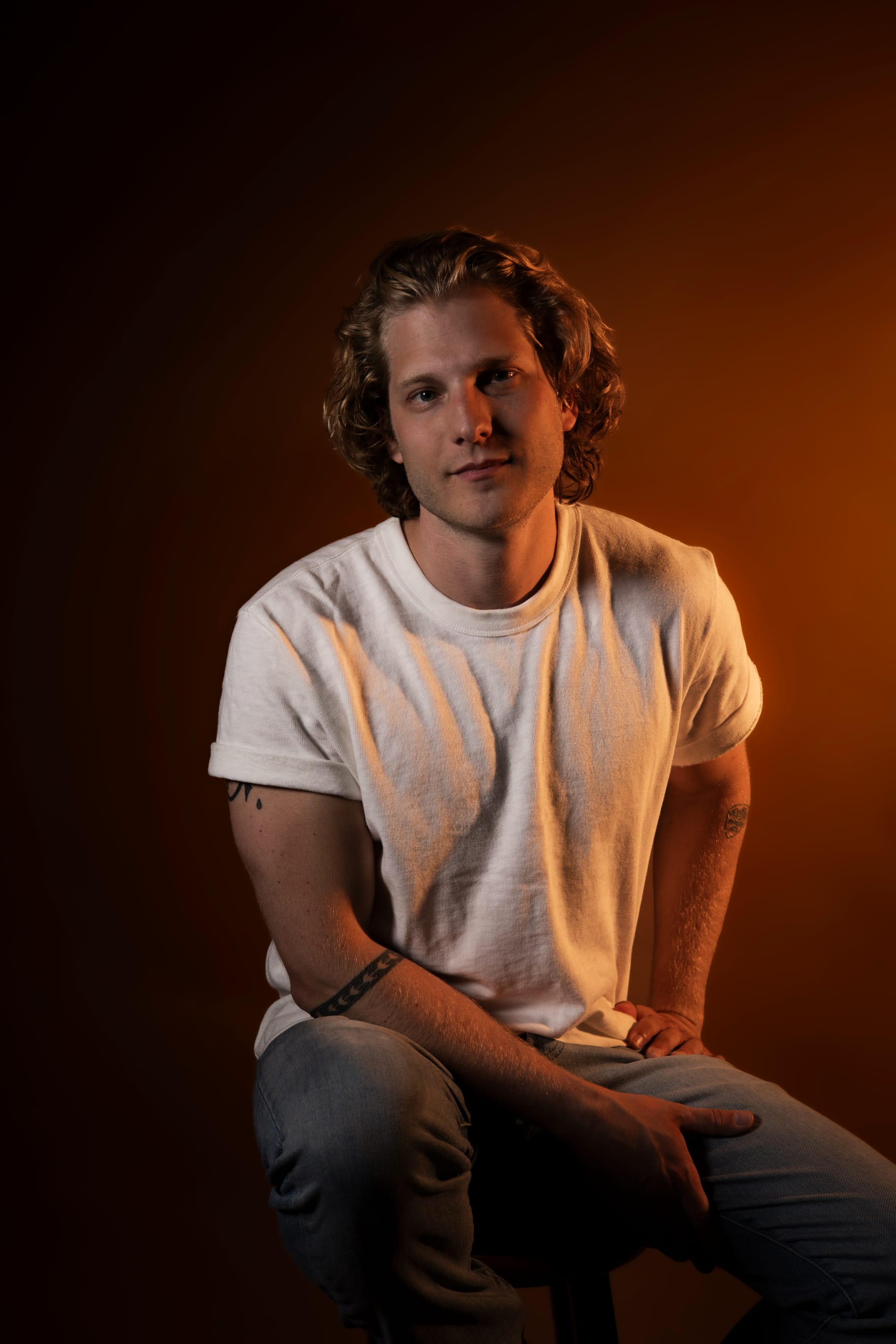
What made you want to explore the space between country storytelling and pop-punk influences, and why does the mix feel authentic to you?
Sam: I think just at some point, it's just all circling around you, and I just got to a point with music where I just didn't want to choose, basically. Like, I knew that the lyrics were always going to be the most important thing, and I just started having more fun with what I call the "sonic cracker." Like, here are the lyrics, and what kind of cracker are you going to give to the audience to make that palpable? I'm in love with the acoustic guitar, open tunings, and pedal steel, which has always been in my music, and then guitar solos, mandolin, and banjos. I love those instruments, and the thing that I had to figure out was, how do I use those sounds and still scratch my punk itch? So, it's just kind of like, "We're going to use all that, and we're still going to make the songs driving and exciting." I didn't want to choose; I wanted all of it.
What inspires the lyrical direction in your songs—personal experiences, observations, or something else?
Sam: The majority of the songs that I choose for myself to cut are ones that kind of just resonate the most for me, to me, and about me. I think that outside of the career aspect, outside of the, like, "Hey, let's make this a banger" that people are going to like and get all the views and streams. Songwriting for me is kind of how I process my world and how I understand it. So, if I'm going through a shit time, I don't really wrap that up. I'm going to stay shitty until I've written about it. Once I've written about it, I can take that; it's safer, and it's transmuted into something else. Same thing with the good times: you fall in love, and that's freaking you out, or you're just really happy. They're just kind of little diary entries about the year and this time. It's just me processing; that's basically all it is. My hope is that it rhymes and somebody else enjoys singing that because they relate to it.
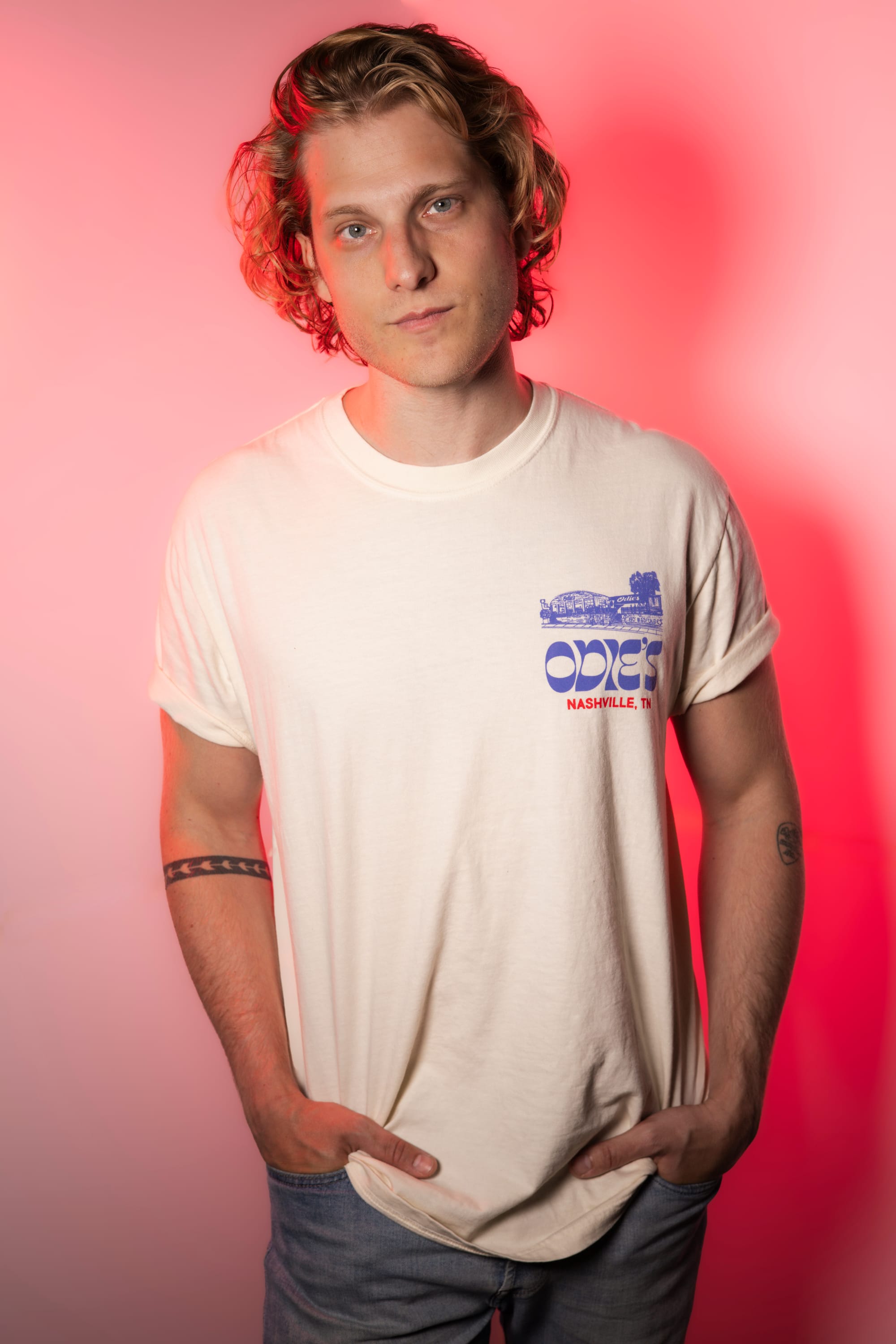
What story or feeling did you want your latest EP, "The Fallout" to capture when you first began working on it?
Sam: I knew that I wanted to commit to something. I knew that if we were doing this all-country thing, let's make this all country. Let's throttle back on the electric guitars, let's throttle back on synths and pads, and let's have as many real instruments going at all times. Like, "Can Mumford and Sons play this song and get through? Would they have everything that they need? Kind of." That was kind of the sonic choice we took for it, and lyrically I hope that the audience has the same experience that I had with it, which was like, "This year blows, and things suck. Let's sing about it and have some fun along the way." It's kind of like it's impossible to laugh and be afraid at the same time. So, if I could put a little tagline, that would be the quote for the record.
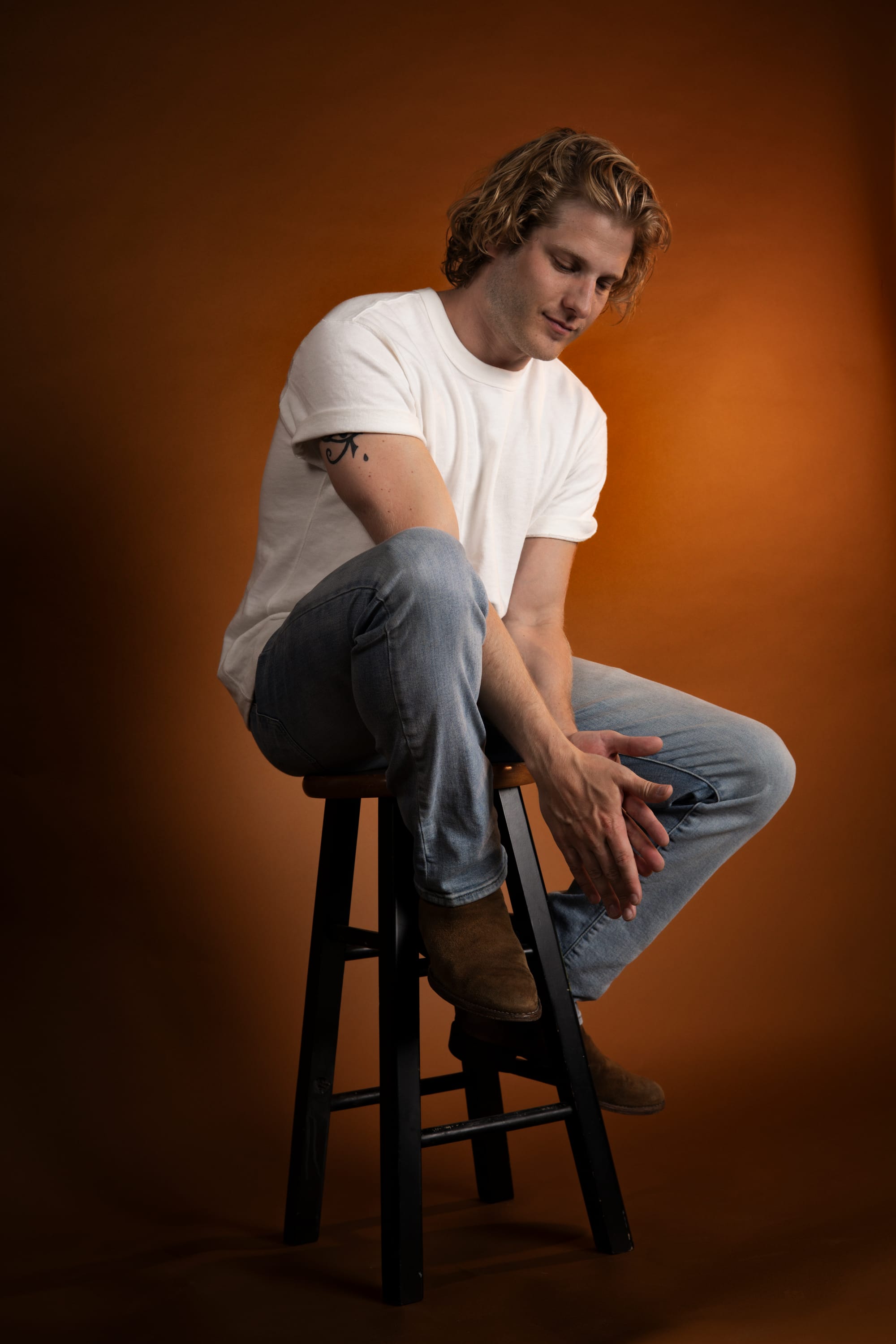
Looking back on the recording process, what moments feel the most significant to you as an artist?
Sam: It's always whenever it's all happening, like, "Oh shit!" and it's one of those things where you don't want to call it out by name because you don't want to jinx the vibe. I knock on wood superstitiously throughout all writing sessions. If I've realized, like, "Oh crap, we're onto something," just knock on wood and don't pay attention to it. The muse has entered the room, and nobody look at her because she's really shy. For me, my favorite moments with this album were whenever we just banged it all out, like in one day. Normally towards the end of the record creation. Like when we got to the last one or two songs, you quit thinking about, "Hey, what does this need?" and it's more like, "Hey, what do we want to do today?" The last song on the record was literally like, "Hey dude, I need one more for the optics. Like I don't like how six songs look; I want seven songs. Can I just run through the studio and we'll do one take of everything?" I had written the song acoustically before with my buddy Will, and I ran into the studio with my best friend Stan Swank, and I think we had the whole song done in 4 hours. It was just like, "Hey, give me one guitar take. Ok, give me one more for safekeeping. Hey, I think I have this lead that I like. Let me do that. Ok, let's do two vocal takes. Let me throw some harmonies on there." Then we're done, and then there are all these videos of us just messing around with guitars. All the leads on that are played with a beer bottle. It was great, but that's my favorite stuff. Whenever the pressure's off and you're just hanging with your buddies, and it's a little more collaborative.
Do you have a personal favorite track on The Fallout? If so, what makes it stand out to you?
Sam: I think I had the most fun with number 7, which is what we called the seventh song, "Thank You Spotify," but I think the one I "like" the most was called "Queen of the Ashes" just because that was kind of like the one that was carrying the flag for this whole record. Whenever we wrote that, it was kind of like, "Ok, boom, this is what the record is going to sound like" From there, it's like, "Let's stay in this lane. Let's keep on with these instruments, with these sonics, and with this direction." For that reason, I will go with the queen.
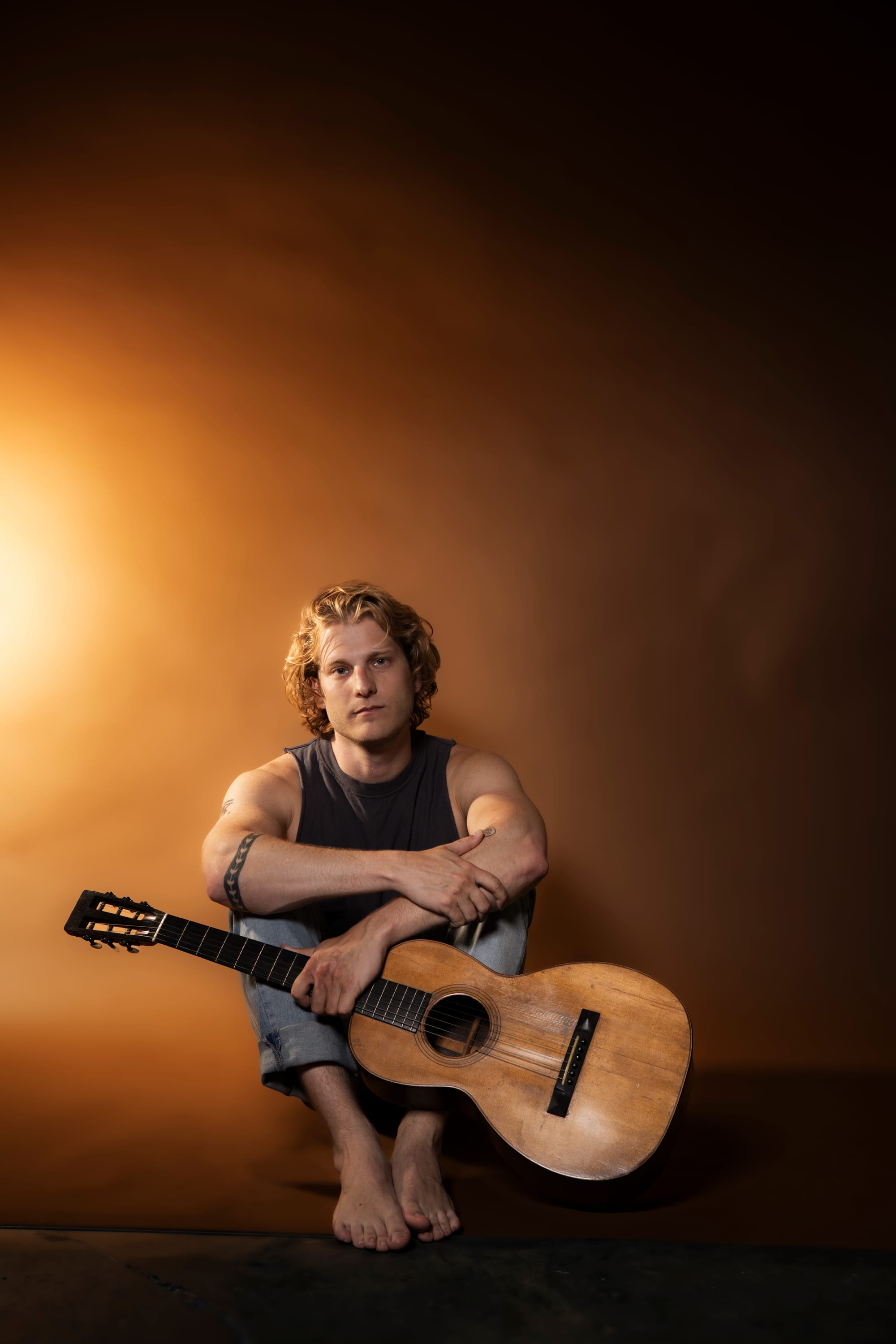
How do you see you're sound continuing to grow or shift in the future?
Sam: I think now that I got comfortable playing, I'm just gonna kind of let it ride. I wanna go not necessarily bigger, but I wanna go wider with the sounds now. Like, if we're gonna do something country or do something folky, then let's throw it all in there. Like, where was the violin on this record? "I don't know. I'll work on that." Where are the trumpets? Let's get real folky up in here, but I'm also kind of itching for some electric guitars again. So, "Alright, if I'm going to do that, how's that sound?" Maybe we take it into a Southern rock or a Kings of Leon direction on a couple songs. So, I think it's just taking a lyric and then finding another cracker for it and having a little more fun with that. Less rules, I could have just said less rules to answer the question.
If someone's discovering your music for the first time, what's something you'd want them to know about you as an artist?
Sam: Sorry for the bummer lyric; check out the new EP, it's a lot of fun.
Is there a final message or thought you'd like to leave readers with?
Sam: No. I hope everyone enjoys the tunage. I hope it's cathartic and healing for you in your own capacity, and it's best to listen to this record very loudly and very frequently.
